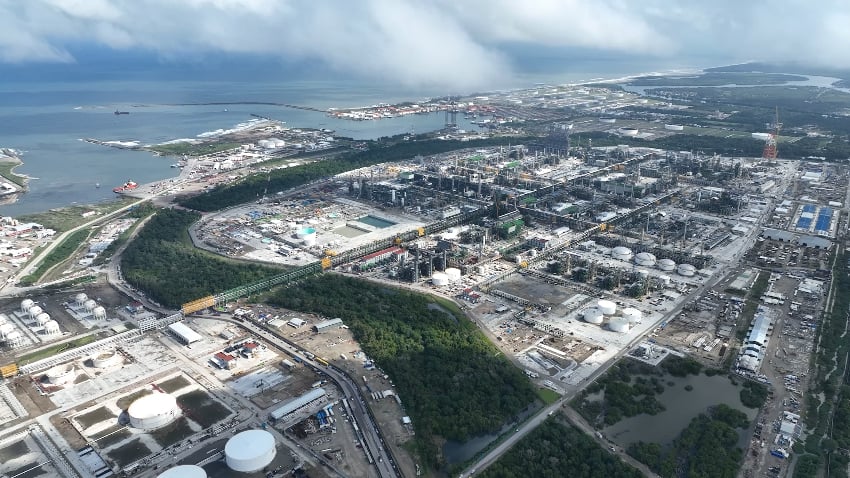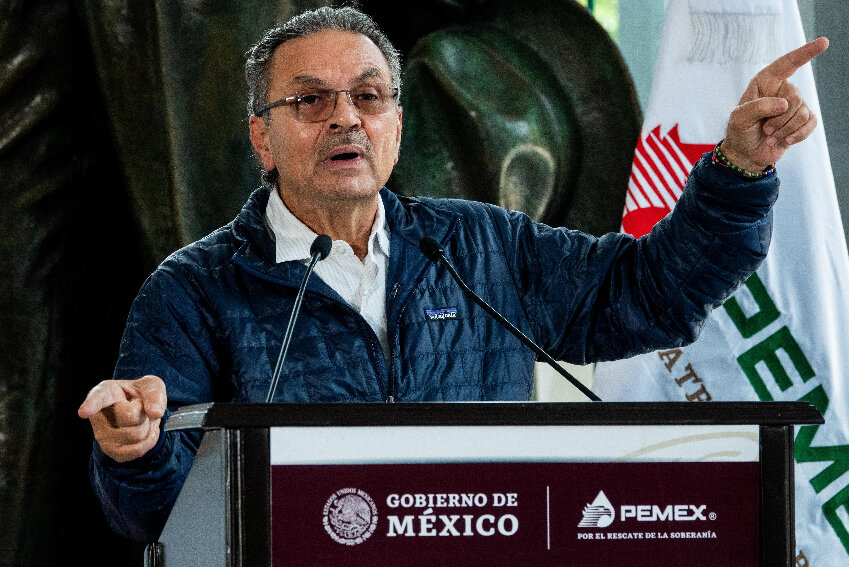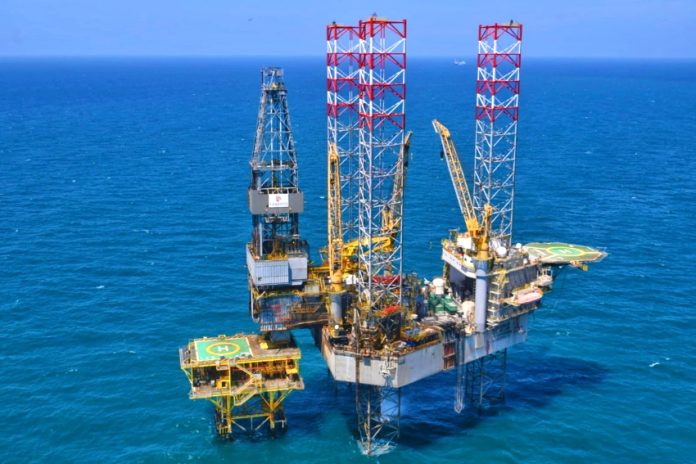State oil company Pemex plans to reduce crude exports by at least 330,000 barrels per day (bpd) in May as Mexico seeks to move toward self-sufficiency for fuel, Reuters reported Monday.
The news agency said that the information came from two sources, both of whom are traders.
Citing those sources, Reuters said that the planned cuts would leave Pemex customers in the United States, Europe and Asia with a third less supply. Pemex exported just over 1 million bpd of crude last year and 945,000 bpd in the first two months of 2024.
Exports are set to fall from early 2023 levels this month. Reuters reported last week that Pemex had asked its trading unit PMI Comercio Internacional to cancel up to 436,000 bpd of exports in April as it prepares to process oil at the new Olmeca refinery on the Tabasco coast.
Data published by the United States Energy Information Administration on Wednesday showed that U.S. imports of crude from Mexico fell to 209,000 bpd in the week to April 5, the lowest level on record. U.S. imports from Mexico averaged 733,000 bpd in 2023.
Reuters reported Wednesday that “Pemex has no option other than applying monthly cuts to exports after its crude production in February fell to the lowest level in 45 years and the country’s refineries, including a new facility in the port of Dos Bocas, began taking in more crude oil.”

However, the news agency reported that its sources said that PMI has not declared force majeure over its supply contracts. The sources explained that most of the contracts allow volumes of crude to be altered depending on availability.
The new refinery in Tabasco was inaugurated in July 2022, but didn’t begin producing fuel until the first quarter of this year, and is “yet to contribute to the domestic market with finished motor fuels,” according to Reuters.
Pemex — which Moody’s Investors Service dumped deeper into speculative, or junk, territory earlier this year — anticipates the facility will need an average of around 179,000 bpd of crude this year. The government has also invested in upgrading Pemex’s six other refineries in order to increase their production capacity.
Pemex CEO Octavio Romero said in January that Mexico would stop importing gasoline in the not too distant future, although projections he presented showed that Mexican production wouldn’t meet growing domestic demand in the coming years and that the soonest self-sufficiency can be achieved is 2027.

A Reuters source at Mexico’s Energy Ministry said that in addition to increasing domestic demand for fuel, another challenge for authorities is dwindling oil reserves, especially in old Gulf of Mexico fields. A number of new oil fields, such as the large Trion field jointly owned by Pemex and Australian company Woodside, are set to be developed, but it remains to be seen whether production will be sufficient to allow Mexico to achieve President Andrés Manuel López Obrador’s coveted self-sufficiency objective. AMLO promised in 2020 that Mexico would be self-sufficient in gasoline by 2023 through the rehabilitation of the six existing refineries and the construction of a new one on the Tabasco coast.
Reuters quoted its Energy Minister source as saying that “there have been ‘discrepancies’ in Mexico’s data on [oil] reserves.”
Official numbers “overestimate both the amount of crude oil Pemex can technically recover at a cost that is financially feasible, and the quality of the crude oil itself,” according to the source.
“The prognosis for the future is not encouraging,” the person told Reuters, adding that a decline in petroleum production in Mexico — despite the opening of a new refinery and the rehabilitation of six others — is “unavoidable.”
With reports from Reuters
